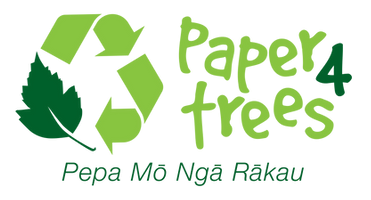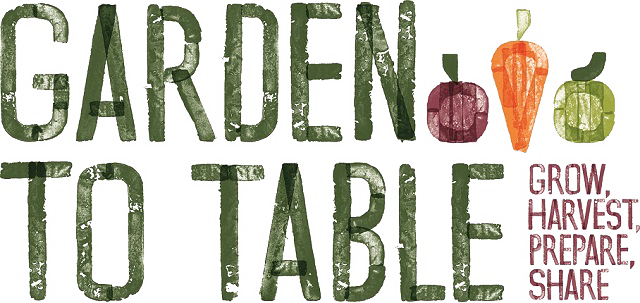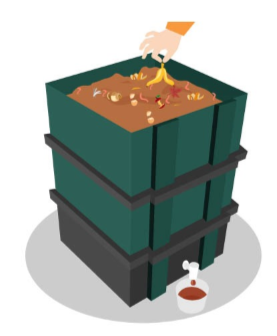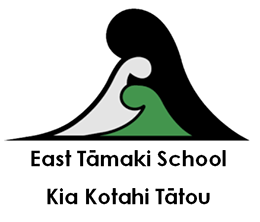What is a Sustainable School?
New Zealand’s national curriculum focuses on 21st century learning, ensuring learners are equipped to participate in and contribute to their own society and the wider world. An important aspect of this is encouraging students to consider significant future-focused issues such as sustainability.
Education for sustainability (EfS) is about learning to think and act in ways that will safeguard the future wellbeing of people and our planet.
Education for sustainability includes learning about:
- the environment – water, land, ecosystems, energy, waste, urban living, transportation
- the interactions between the natural environment and human activities, and the consequences of these
- the choices and actions we can take to prevent, reduce, or change harmful activities to the environment.
Central to this learning is the exploration of attitudes, values, and behaviours with respect to the environment – both our own and those of others.
A focus on education for sustainability:
- can develop learners who are informed decision makers, and connected to the land and the environment
- provides a context that enables meaningful connections between learning areas, key competencies, and values
- offers ways for students and schools to contribute to the social, cultural, economic, and environmental well-being of New Zealand. A sustainable school prepares young people for a lifetime of sustainable living, through its teaching, its culture, and its day-to-day practices
- provides opportunities for students to engage in genuine learning in their communities and take action
- uses authentic learning to develop creative and critical thinking for a sustainable future.
Sustainability at East Tāmaki School
We are a sustainable school. As soon as students start at East Tāmaki School, they start to learn about sustainability and how they can be kaitiaki (protectors of their environment). Kaitiakitanga is one of our values and we pride ourselves on being protectors of our planet.
How are we trying to safe-guard the future of our planet?

Paper4Trees
We are involved with a company called ‘Paper4Trees’. This company provides our school with 30 litre classroom recycling bins for every room that generates paper and cardboard waste. When these bins are full, the contents then need to be emptied into the schools main curbside recycling collection bin, or taken to the local recycling centre. As an incentive to divert as much paper and cardboard from landfill as possible, we are rewarded with one native tree/plant for every two cubic metres of paper and cardboard recycled.
When students start at East Tāmaki School, they are taught what goes in our paper bins and where we empty them.
Garden To Table
Every student from year 3-6 take part in Garden To Table sessions each term. In this time, students are taught how to grow, harvest, prepare and share their own meals. They are able to take part in practical life skills developed alongside awareness of sustainability and environmentalism. They harvest produce straight from the garden which provides more nutritional benefits and it tastes better too! They learn to use kitchen tools, learn weighing and measuring, and learn about the science of food, all providing links to core curriculum concepts. Everyone sits down to eat together, taking part in the age-old ritual of sharing food. Tamariki are often more adventurous about eating meals from food they have grown and prepared.
Seed saving is an important part of sustainability in our garden. The seeds from plants such as tomatoes, beans and pumpkins that have produced healthy produce are saved for the next season. This not only saves us money but ensures the plants that are grown from the saved seeds are going to yield healthy plants and therefore healthy produce.


Worm Farm
Approximately half of what Auckland households send to landfill is compostable material. 10% is from the garden and whopping 40% is from the kitchen. This food waste alone weighs in at about 90,000 tonnes each year. Once buried it doesn’t compost down. Compost needs air and there is no air in landfill. Instead it rots down anaerobically causing problems that then have to be managed.
The worm farm plays an important role not only in our garden but forms a huge part of our recycling programme at East Tāmaki. Fruit and vegetable scraps from our classrooms are collected daily and emptied into the worm farm. The special tiger worms in the worm farm turn these scraps into worm poo [vermicast] and worm pee. These products are then used in our garden as they contain large amounts of nutrients for our soil which is vital if we want to grow healthy plants.
Market Days
Every year, our school holds Market Days where our community can come and pick up some amazing bargains for their families. This means outgrown, good quality clothing and household items can be recycled rather than ending up in landfill. It also raises some extra money to be spent on resources for our students.

